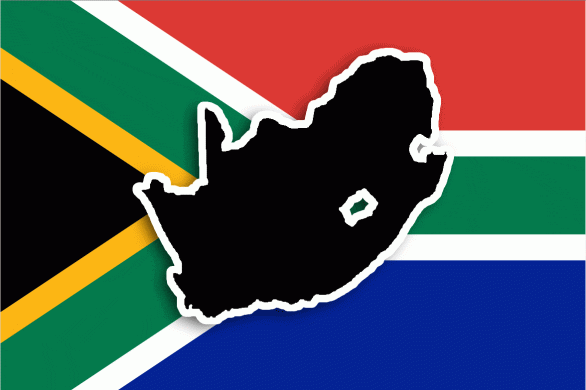Med over 80 procent af stemmerne talt op har det regerende ANC-parti vundet en overbevisende sejr ved onsdagens valg i Sydafrika, som samtidig sikrer præsident Jacob Zuma fem år mere i embedet. Men det førende oppositionsparti er igen gået frem.
The ANC has 63 per cent of the vote – down from 66 per cent in 2009, followed by the Democratic Alliance (DA) on 22 per cent, up form 17 per cent five years ago, BBC online reports Thursday
The BBC’s Andrew Harding says inequality, unemployment and corruption are big problems but the electorate has shown it has not lost faith in the ANC.
The Economic Freedom Fighters (EFF) party is in third place with five per cent.
The electoral commission said voting passed off peacefully in most areas, with turnout at just over 72 per cent. Some 25 million people – around half the population – were registered to vote
Helen Zille’s Democratic Alliance is the only party that has consistently increased its vote-share from election to election.
Political analyst Ralph Matshekga says, the DA has learnt that it must move from simply opposing anything proposed by the ANC to becoming a “problem-solver”.
The DA`s support is mainly concentrated in the Western Cape which has a large white and mixed-race population.
Mr Matshekga says the EFF should be careful not to become a one-hit wonder. He warns that in parliament, it may have to tone down some of its rhetoric, but “a softer approach may cost them the radical voter who wants drastic change now”.
Analysts agree that a stronger opposition can only be good for the country’s young democracy, hopefully teaching the ANC not to be complacent and to deliver on its long list of promises.
The ANC is likely to use its impressive mandate to try to drive through its National Development Plan – rejecting nationalisation, and emphasising investment and infrastructure, BBC notes.
The business-friendly plan has alarmed South Africa’s powerful unions – some of which may soon break away to form their own party.














